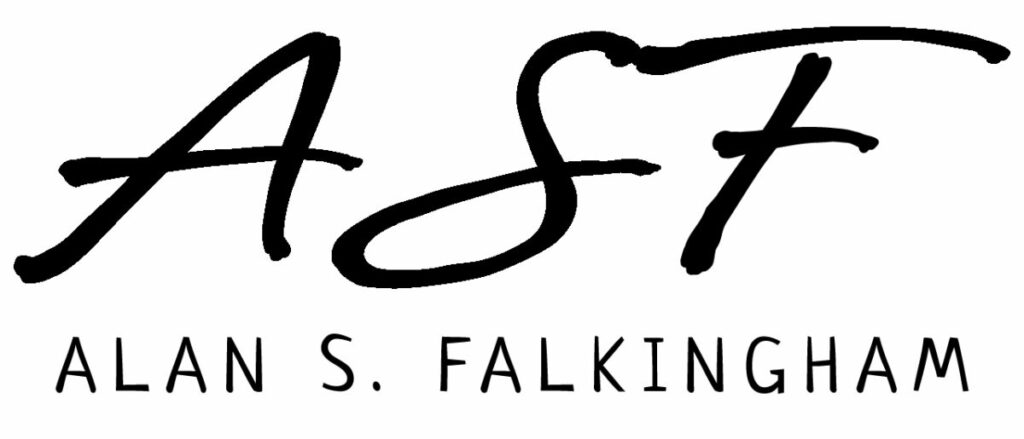“Let the good times roll” shouts Amelia as she pushes her wheelchair off the crest of St Hilda’s Mount. She careers downhill, wheels clean leaving the ground as she bumps over the grassy moguls, like Franz Klammer on his gold medal run. Her hair streams out behind her, whoops of delight lost somewhere on the wind.
“Crazy bitch,” I yell and begin to follow her, these days at a pace resembling me hurrying for a bus, weighed down with my shopping bags from the Aldi.
It is seventy years since I first met this mad old bird after I had sunk my pocket knife into the tyres of the school bus while it was parked behind the swimming pool. As I went round each wheel in turn, plunging my blade deep into the warm rubber, I remember hearing a long hiss of air escaping, like the big contented sigh our dog makes when he’s asleep by the fire after eating a big bowl of mutton bones. Amelia had seen it all from the science lab window, but although the headmaster threatened to cane every one of us unless the culprit owned up, Amelia had stayed silent. And so, after that, we became firm friends.
As I descend St Hilda’s my two metal hips hurting like buggery, I watch her chair run slowly to a stop just short of the big hawthorn hedge. When I reach her she is dead, wonderfully peaceful and with a smile slapped on her face like a cream pie at the circus.
At first I am annoyed that she never said goodbye. But this is an exit only Amelia could craft. Because for seventy years, she has taught me that all that matters is what lies ahead. And that what’s behind you is gone.
